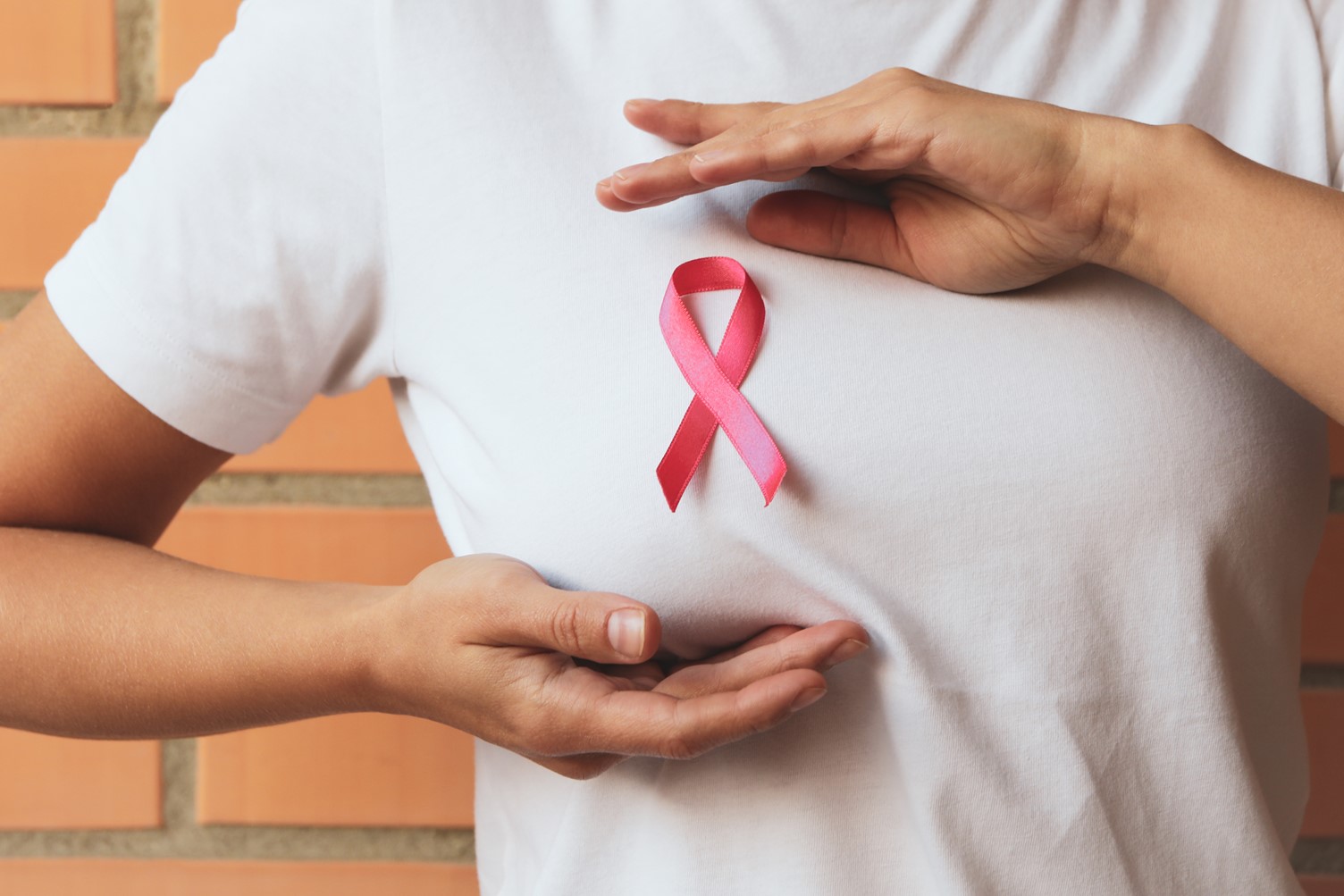Introduction
Breast cancer is one of the most common cancers worldwide. Many people worry about finding a breast lump or changes in their breasts. Early detection of breast cancer can save lives. This blog explains what breast cancer is, its symptoms, causes, diagnosis, treatment, and prevention tips. If you want to know more about breast cancer awareness, early detection, or treatment options, you are in the right place.
What is Breast Cancer?
Breast cancer starts when cells in the breast grow out of control. These cells can form a lump or mass. Sometimes, cancer spreads to other parts of the body. Both women and men can get breast cancer, but it is much more common in women. According to the World Health Organization (WHO), breast cancer is the most common cancer among women worldwide.
Common Symptoms of Breast Cancer
It is important to know the signs of breast cancer. Early detection can help with better treatment. Here are some common symptoms:A new lump in the breast or underarmSwelling or thickening of part of the breastChange in the size or shape of the breastSkin changes, such as redness or dimplingPain in the breast or nipple areaNipple discharge, other than breast milkNipple turning inward
However, not all lumps are cancer. Still, you should see a doctor if you notice any changes.
Causes and Risk Factors
Doctors do not know the exact cause of breast cancer. But, several risk factors can increase your chances. Some risk factors you can control, while others you cannot. Here are some common risk factors:Being femaleGetting olderFamily history of breast cancerHaving certain gene changes (like BRCA1 or BRCA2)Early periods or late menopauseNot having children or having them lateUsing hormone therapy after menopauseDrinking alcoholBeing overweightLack of physical activity
Even if you have risk factors, it does not mean you will get breast cancer. But knowing your risks can help you make healthy choices.
How Breast Cancer is Diagnosed
Doctors use several tests to find breast cancer. Early detection is key. Here are some common ways breast cancer is diagnosed:Breast exam: The doctor checks for lumps or changes.Mammogram: This is an X-ray of the breast. It can find cancer early, even before symptoms appear.Ultrasound: This test uses sound waves to look at breast tissue.Biopsy: The doctor removes a small piece of tissue to check for cancer cells.
Sometimes, more tests are needed to see if cancer has spread. Always talk to your doctor about the best screening plan for you.
Treatment Options for Breast Cancer
Treatment depends on the type and stage of breast cancer. Your doctor will help you choose the best plan. Common breast cancer treatments include:Surgery: Removing the cancer or the whole breastRadiation therapy: Using high-energy rays to kill cancer cellsChemotherapy: Using drugs to destroy cancer cellsHormone therapy: Blocking hormones that help cancer growTargeted therapy: Using drugs that target specific cancer cells
Each treatment has side effects. However, your doctor will explain what to expect and how to manage them.
Lifestyle Tips and Prevention
While you cannot control all risk factors, you can lower your risk with healthy habits. Here are some prevention tips:Stay active and exercise regularlyMaintain a healthy weightEat a balanced diet with plenty of fruits and vegetablesLimit alcohol intakeDo not smokeBreastfeed if possibleGet regular breast cancer screenings, like mammograms
Moreover, talk to your doctor about your personal risk and the best prevention plan for you.
When to See a Doctor
If you notice any changes in your breasts, do not wait. See a healthcare provider right away. Early detection can make treatment easier and more effective. Even if you feel healthy, regular check-ups and mammograms are important, especially if you have risk factors.
Conclusion
Breast cancer is a serious condition, but early detection and treatment can save lives. Stay aware of the symptoms and risk factors. Make healthy lifestyle choices and get regular screenings. If you have concerns or notice changes, consult a healthcare specialist for personalized advice on breast cancer prevention and treatment.

